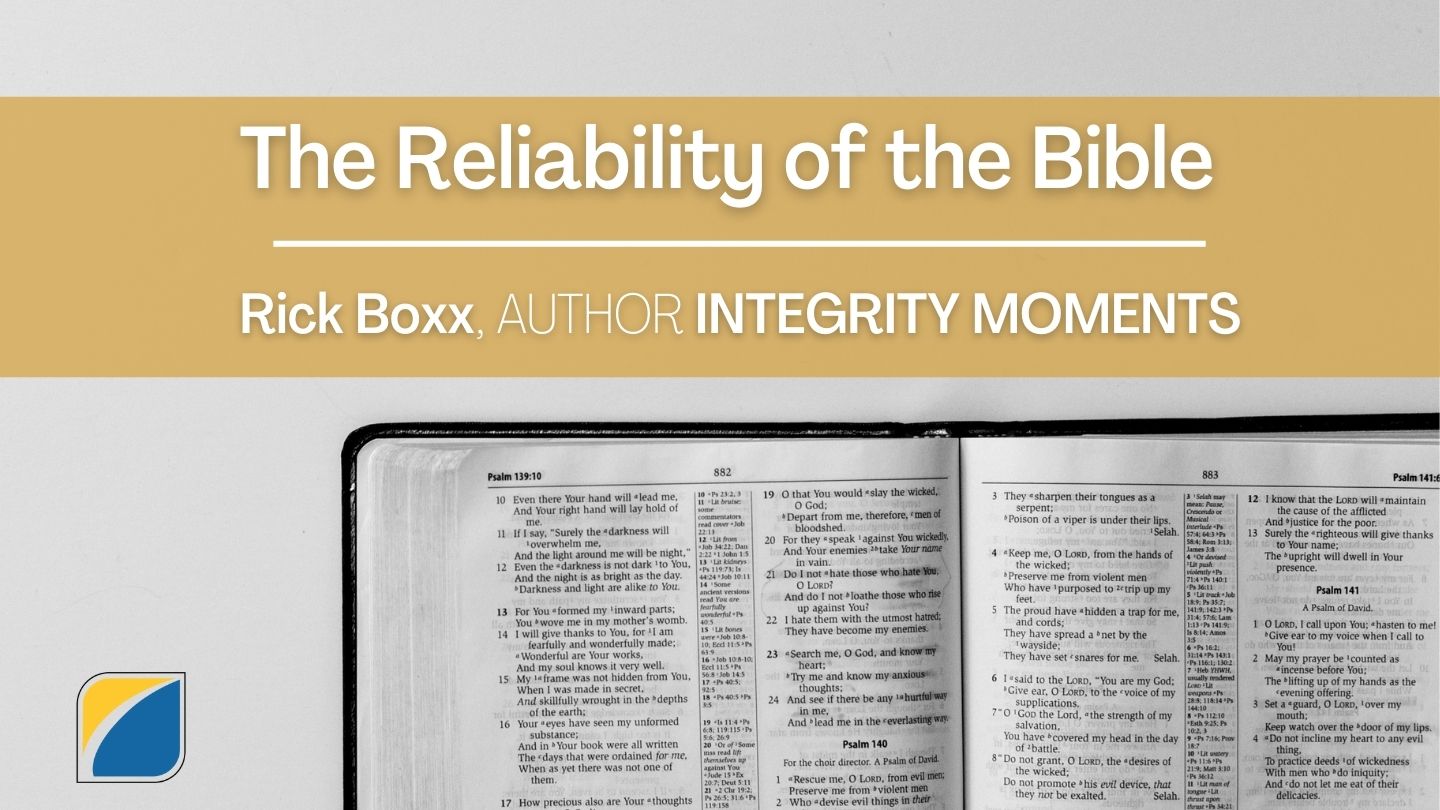The Reliability of the Bible预览


The Reliability of the Bible: Part III
In this series, we’re discussing the reliability of the Bible, using the MAPS acronym from Hank Hanegraaff. Last time we discussed manuscripts, today we’ll discuss archaeology.
Hank tells the story of a biblical skeptic named Sir William Ramsay. Trained as an archaeologist, Ramsay set out to disprove the historical reliability of the book of Luke.
However, Ramsay became a Christian as — one after another — the historical statements of Luke were proved accurate through archaeology.
Recently, archaeologists discovered King Manasseh’s palace, proving his existence. Over the years, skeptical archaeologists have been proven wrong when they have disputed the Bible.
Psalm 18:30 teaches, “This God—his way is perfect; the word of the Lord proves true.”
God’s Word is trustworthy and true. Just ask those archaeologists who have tried to prove otherwise.
Questions for Reflection
- What do you find in the Bible that makes you skeptical? And have you ever taken the time to investigate your questions?
- What stops you from trying to reconcile any lingering doubts you may have?
- Is there a space within your business that allows employees or customers to ask challenging questions and receive honest answers? If not, how might you cultivate one?
圣经
读经计划介绍

Since the vision of Unconventional Business Network is one million business leaders modeling biblical principles in their workplace, the authority and reliability of the Bible are foundational to UBN. What do you think about the inerrancy of the Bible? What kind of doubts have been present in your life about its foundation? In this plan, we will explore ways in which you can reflect on and unpack its origin.
More









